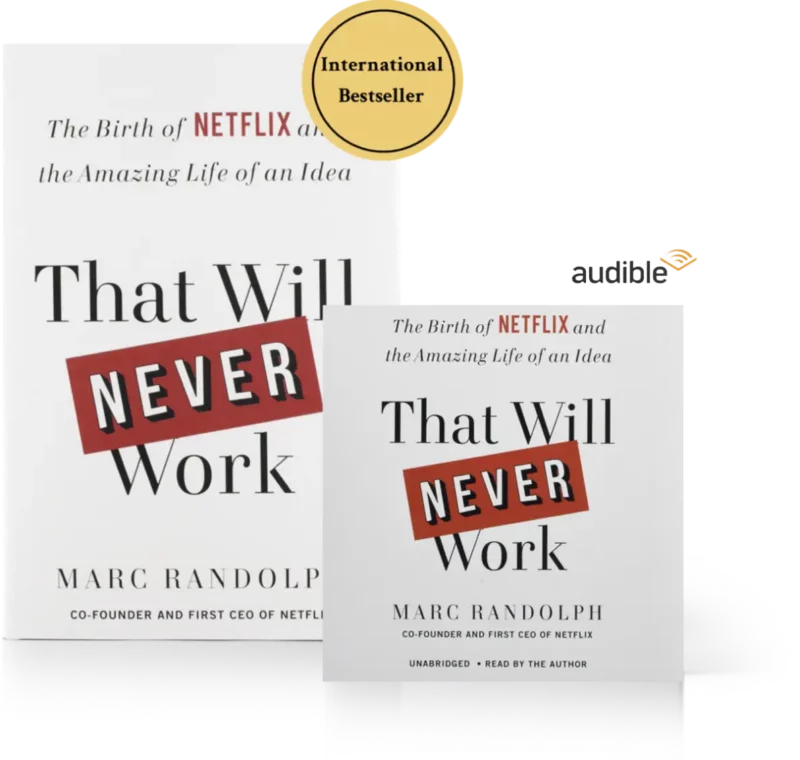No One Is Going To Steal Your Idea.
It’s unoriginal and it will never work. But neither of those things matter.

In 20 years of coaching wannabe founders, I’ve learned that the single biggest reason for failure is never starting. And I’ve heard every excuse there is for this failure to launch:
“I need to quit my day job.”
“I need to learn to code first.”
“I need to find a co-founder.”
“I need to raise money.”
The worst excuse of all – and one of the most frequent – is that they are scared. Not scared of failing (which is understandable) but scared they are going to have their idea stolen.
It’s tragic. “I’m going to have my idea stolen” is a fallacy, and a dangerous one at that.
To start, ideas don’t count. Not only is your idea almost certainly not original but it’s probably a bad idea too. But both of those things are fine – all ideas are bad ideas. That precious little idea that you are so fond of is just a starting point, and it’s almost always a starting point that doesn’t work.
It’s what happens after you try your idea that’s important. What did you learn about the product? What did you discover about your customer? Sure, your idea didn’t work, but why? It’s these failed attempts that inform your efforts to find an idea that eventually does work.
This process of idea validation is everything. It’s the process that every successful entrepreneur goes through. And it’s a process that can go on for months, with hundreds of failed tests, each resulting in some small bit of learning. With apologies to Thomas Edison, I believe that genius is 1% inspiration and 99% iteration.
And that’s the second reason why it’s so tragic when someone lets the fear of a stolen idea be the reason for not starting.
By so zealously protecting their idea, they are guarding the least important component of success while preventing themselves from starting the process of iteration which is the most important one.
This is not startup lore. Every successful company I can think of started out doing something that bares only a passing resemblance to what they eventually became successful with.
Netflix, for example, started out as a video-rental-by-mail (with due dates and late fees) before eventually morphing to a subscription service, and then (9 years after launch) to a streaming company.
Slack started out as a gaming company. It was the tools that they built to manage their internal development process that eventually evolved – 4 years later – into what Slack is today
Twitter began life as Odeo, a podcasting platform. AirBnB was originally conceived as a solution for conference attendees. PayPal started as a way to beam money between handheld personal organizers.
I could give you hundreds of more examples.
But none of these companies could have gotten to where they are – which they did by twisting and turning their way to eventual success – if they had never taken that first step because they were scared someone might steal their idea.
But starting the process of iteration is just… well, the start. By sharing your idea, you don’t just learn from your own actions, you learn from everyone you share your idea with. You learn what has been tried before. What has worked and what hasn’t. And by spreading the word, sharing helps solve two of the other big reasons for not starting (“I need a co-founder” and “I need to raise money.”)
Listen, I get it. There is plenty to be scared about in doing a startup. The hours. The loneliness. The setbacks. Sure, fear that. But someone stealing your idea? Don’t fear that. It’s not real. Push right past it. And like most scary things you overcome, you’ll never fear it again.
RECOMMENDED FOR YOU
The Idea Isn’t The Important Part
Podcast Episode 72
Is it a Culture Problem or a Hiring Problem?
October 25, 2022 • 38 min
